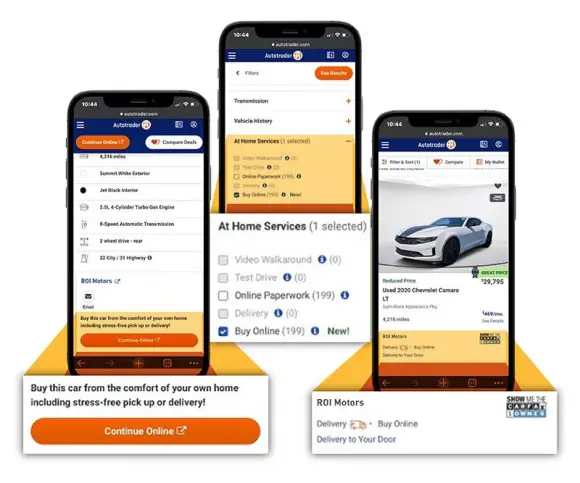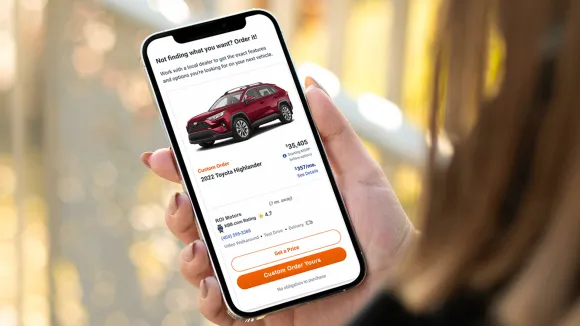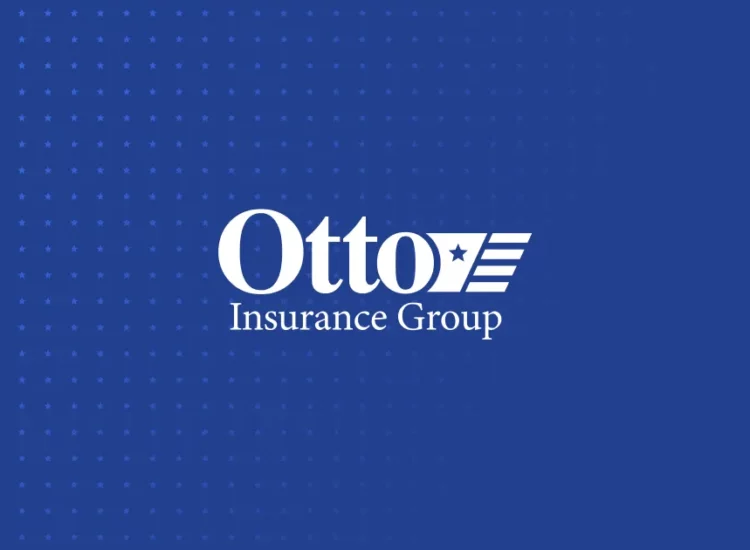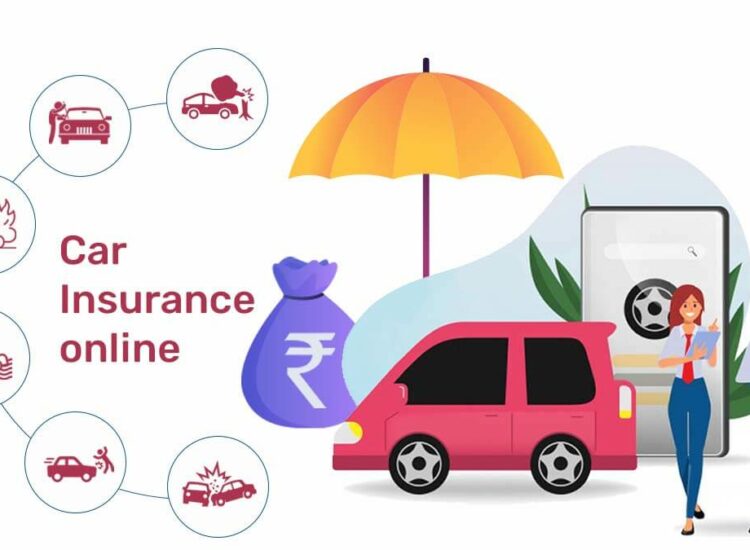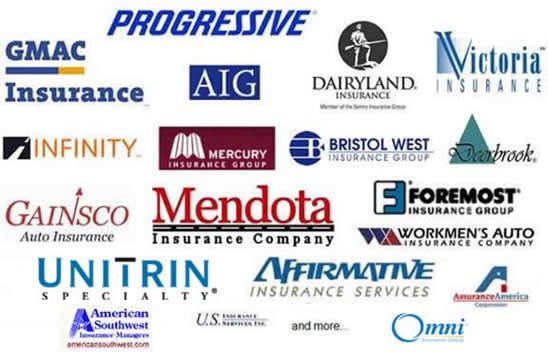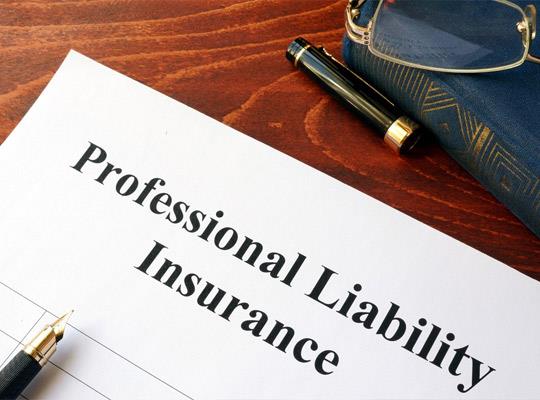Florida’s sunny beaches and vibrant cities attract millions, but the state’s car insurance landscape can feel like a financial storm, with drivers facing high premiums and complex regulations. Finding the best car insurance in Florida often feels like a quest for a hidden treasure. While the state’s minimum coverage requirements might seem adequate, many drivers find themselves seeking more comprehensive protection, which can significantly impact their wallets.
Toc
Understanding Floridas Car Insurance Landscape

Navigating the car insurance market in Florida can be complex, but understanding the landscape is crucial for finding the best car insurance in Florida. Here’s what you need to know:
Florida’s Minimum Car Insurance Requirements
Florida operates under a no-fault insurance system, meaning that each driver’s insurance covers their own medical expenses and lost wages, regardless of who caused the accident. The minimum requirements for car insurance in Florida include:
- $10,000 in Personal Injury Protection (PIP): This covers your medical expenses and lost wages after an accident.
- $10,000 in Property Damage Liability: This covers damages you cause to someone else’s property in an accident.
While these minimums may seem sufficient, they often leave drivers vulnerable to significant out-of-pocket expenses, especially in serious accidents. Thus, many residents opt for additional coverage.
Factors Affecting Car Insurance Rates
Several factors can significantly influence your premiums when searching for the best Florida car insurance:
- Age: Younger drivers, particularly those under 25, typically face higher premiums due to their increased risk of accidents.
- Driving Record: A clean driving record can help you secure lower rates, while a history of accidents or traffic violations can increase your costs.
- Vehicle Type: The make and model of your car play a significant role in determining your premium. High-performance or luxury vehicles often incur higher insurance costs.
- Location: Where you live in Florida matters. Urban areas with higher traffic and accident rates tend to have higher insurance premiums compared to rural areas.
Beyond the basics, several other factors can influence your car insurance rates. For instance, your credit score can be a determining factor in Florida. Insurers often use credit score as a proxy for risk, and those with lower scores may face higher premiums. Additionally, the type of coverage you choose, such as comprehensive or collision, will impact your rate. Opting for higher deductibles, while requiring a larger out-of-pocket payment in case of an accident, can lead to lower premiums. Finally, your driving history, including traffic violations and accidents, will significantly impact your premium. A history of accidents can lead to higher premiums, while a clean driving record can qualify you for discounts.
Additional Coverage Options
Beyond the minimum requirements, many drivers choose to enhance their protection with additional coverage options, including:
- Bodily Injury Liability Coverage: This helps cover medical expenses for injuries you cause to others.
- Collision Coverage: This covers damages to your own vehicle after an accident, regardless of fault.
- Comprehensive Coverage: This protects against non-collision incidents such as theft, vandalism, or natural disasters.
While Florida’s minimum requirements may seem adequate, many drivers opt for additional coverage to enhance their protection. For example, Uninsured/Underinsured Motorist Coverage (UM/UIM) is crucial. It protects you if you are involved in an accident with a driver who lacks sufficient insurance or is uninsured. Similarly, Medical Payments Coverage (MedPay) can supplement your PIP benefits and cover medical expenses for you and your passengers, regardless of fault. These additional coverages can provide peace of mind and financial security in case of unexpected accidents.
Top Providers of the Best Car Insurance in Florida
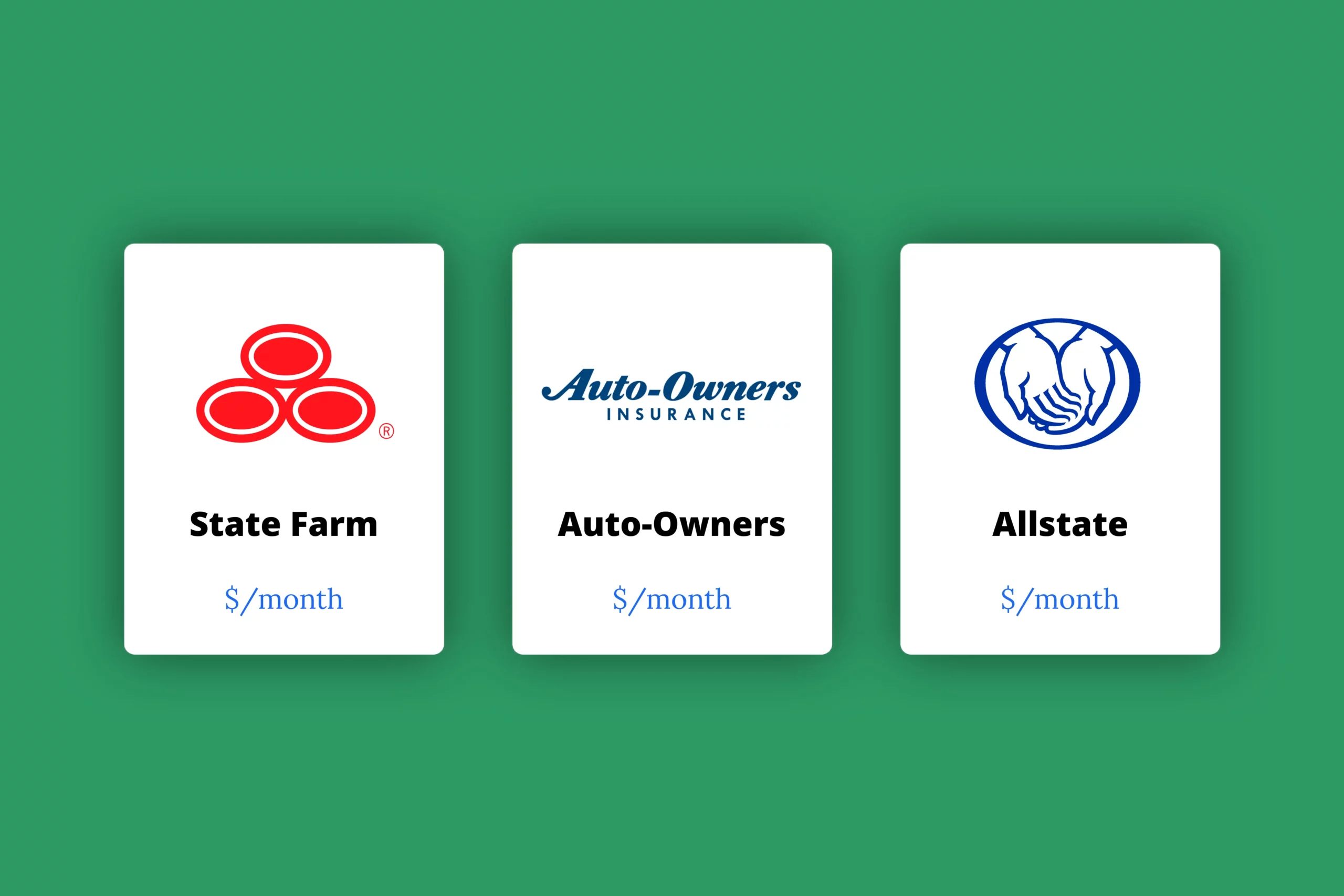
When searching for the best car insurance companies in Florida, several providers stand out due to their competitive rates and customer service. Here are some top contenders:
Geico
Geico is frequently recognized for offering some of the most affordable rates in Florida. With a wide array of discounts available—including those for good drivers, multi-policy holders, and military personnel—Geico can help offset higher premiums. Their user-friendly online tools and 24/7 customer support make them a popular choice among Florida drivers.
State Farm
As one of the largest insurance providers in the United States, State Farm has a strong presence in Florida and is known for its excellent customer service. The company offers various coverage options, including the Drive Safe & Save program, which rewards safe driving habits with potential discounts. State Farm’s extensive network of local agents provides personalized assistance tailored to your needs.
Progressive
Progressive is celebrated for its innovative insurance products and personalized approach. Their usage-based insurance program, Snapshot, allows drivers to save money by monitoring their driving behavior. With a diverse range of discounts, including those for good students and defensive driving courses, Progressive is an excellent choice for budget-conscious drivers seeking the best full coverage car insurance in Florida.
Other Top Providers
In addition to the aforementioned companies, other notable insurers include USAA, Allstate, and Farmers. Each of these providers offers unique strengths, such as specialized services or competitive pricing, making them worthy of consideration.
1. https://dailymercedes-benz.vn/archive/1561/
2. https://dailymercedes-benz.vn/archive/1557/
3. https://dailymercedes-benz.vn/archive/1558/
Strategies to Save on Car Insurance in Florida

Finding affordable coverage is possible with the right strategies. Here are some practical tips for securing the best car insurance Florida has to offer:
Shop Around and Compare Quotes
One of the most effective ways to find the best car insurance rates is to shop around and compare quotes from various providers. Rates can vary significantly between insurers, so obtaining multiple quotes can help you identify the best deal. However, while comparing quotes from multiple insurers is a good practice, it’s important to remember that the lowest price isn’t always the best option. Consider factors like the insurer’s financial stability, customer service reputation, and claim handling process. A lower premium may not be worth it if you encounter difficulties with the insurer during a claim.
Take Advantage of Discounts
Insurance companies often provide various discounts that can help lower your premiums. Look for opportunities such as:
- Good driver discounts
- Safe driver discounts
- Multi-policy discounts (bundling home and auto insurance)
- Student discounts
These discounts can add up, making a significant difference in your overall costs.
Consider Usage-Based Insurance
Programs like Geico’s DriveEasy and State Farm’s Drive Safe & Save can reward safe driving habits with lower premiums. By tracking your driving behavior, these programs can provide discounts to conscientious drivers. A growing trend in Florida’s insurance market is the use of telematics. Insurers are increasingly utilizing technology to monitor driving behavior and offer discounts based on safe driving practices.
Increase Your Deductible
Opting for a higher deductible can lead to lower monthly premiums. However, it’s essential to choose a deductible that you can afford to pay out-of-pocket in the event of a claim. Increasing your deductible can lower your premium, but it’s crucial to choose a deductible that you can afford to pay out-of-pocket. If you’re unable to cover a high deductible, you might be left with significant financial hardship after an accident. Consider your financial situation and choose a deductible that balances cost savings with affordability.
Bundle Your Policies
Bundling your insurance policies, such as combining your car and home insurance with the same provider, can often lead to substantial savings. Many insurance companies offer discounts to customers who choose to hold multiple policies under their banner. This not only simplifies managing your insurance by consolidating your plans within one provider but can also provide leverage in negotiating better rates. Evaluate the potential savings and added convenience to determine if bundling your insurance needs makes financial sense for you. Always compare the bundled rate to separate policies to ensure you’re genuinely saving money.
Maintain a Clean Driving Record
Maintaining a clean driving record is one of the most effective ways to ensure lower insurance premiums. Traffic violations and accidents can lead to significant surcharges on your insurance, so it’s crucial to drive responsibly. By avoiding speeding tickets, DUIs, and at-fault accidents, you can qualify for good driver discounts and maintain a favorable insurance rate. Additionally, many insurers offer accident forgiveness programs that prevent your premium from increasing after the first at-fault accident, which can be a valuable benefit for drivers looking to protect their low rates. Regularly reviewing your driving habits and committing to safe practices can result in substantial long-term savings on your car insurance.
Explore Other Options
In addition to the traditional strategies for saving on car insurance, consider unique or alternative options that could further reduce your costs. For instance, low-mileage drivers might benefit from pay-per-mile insurance plans, which charge based on the actual number of miles driven rather than a standard rate. This option can be particularly advantageous if you drive infrequently or utilize public transportation regularly. Additionally, joining affinity groups or professional organizations might provide access to exclusive insurance discounts, as insurers often partner with these groups to offer tailored rates. Investigate any affiliations you might have to uncover potential savings opportunities. Finally, consistently maintain a good credit score, as many insurers consider credit history when determining rates. Good financial management not only impacts your premiums positively but also reflects on your overall financial health.
Floridas Car Insurance Requirements: A Closer Look

Understanding Florida’s car insurance requirements is essential for all drivers. Here’s a more in-depth look:
No-Fault System
In Florida’s no-fault insurance system, drivers are required to carry Personal Injury Protection (PIP) insurance, which covers medical expenses and a portion of lost wages, up to the policy limits, regardless of who is at fault for the accident. The minimum requirement for PIP coverage is $10,000. Additionally, drivers must have a minimum of $10,000 in Property Damage Liability (PDL) coverage, which pays for damages to another person’s property if you are at fault in an accident. This system aims to reduce the number of lawsuits related to minor accidents, as each driver’s own insurance company compensates them regardless of fault.
However, it’s important to note that Florida’s minimum insurance requirements may not cover all costs in the event of a serious accident, which is why many drivers opt for additional coverage, such as Bodily Injury Liability (BIL) or increased limits on their PIP and PDL policies. Understanding these requirements and augmenting your coverage if necessary can offer greater financial protection, ensuring you’re fully prepared in the event of an accident.
Minimum Coverage Requirements
In addition to understanding the minimum coverage requirements, it’s crucial for Florida drivers to periodically review their policies to ensure adequate protection. As life circumstances change—such as purchasing a new vehicle, getting married, or adding a teenage driver to your policy—your insurance needs may change as well. Adjusting your coverage to reflect these changes can help maintain optimal protection and potentially save money over time.
Uninsured/Underinsured Motorist Coverage
Another important consideration for Florida drivers is Uninsured/Underinsured Motorist (UM/UIM) coverage. This type of insurance provides protection in the event that you are involved in an accident with a driver who either has no insurance or does not have enough insurance to cover the damages. Given that Florida has a high rate of uninsured drivers, adding UM/UIM coverage to your policy can be a smart decision for safeguarding against financial loss.
1. https://dailymercedes-benz.vn/archive/1558/
2. https://dailymercedes-benz.vn/archive/1562/
3. https://dailymercedes-benz.vn/archive/1559/
Explore Comprehensive and Collision Coverage
While Florida law does not require comprehensive and collision coverage, these types of insurance can be invaluable. Collision coverage helps pay for damage to your vehicle resulting from an accident, while comprehensive coverage protects against non-collision-related damage, such as theft, vandalism, or natural disasters. Including these coverages in your policy can offer peace of mind and financial security, particularly for those with newer or more valuable vehicles.
By staying informed about coverage options and regularly evaluating your insurance needs, you can ensure that you remain protected and compliant with Florida’s insurance laws, while also maximizing cost-efficiency.
Frequently Asked Questions

Q: What is the best way to find affordable car insurance in Florida?
A: The best approach is to shop around, compare quotes, take advantage of discounts, and consider usage-based insurance programs that reward safe driving habits.
Q: Do I need full coverage car insurance in Florida?
A: While the minimum coverage meets legal requirements, full coverage offers more comprehensive protection and is recommended for most drivers, especially those with newer or more valuable vehicles.
Q: What are the penalties for driving without car insurance in Florida?
A: Driving without the required minimum car insurance can result in fines, license suspension, and vehicle registration suspension. It’s crucial to maintain valid insurance coverage to avoid these penalties.
Q: What should I do if I get a ticket or have an accident in Florida?
A: If you receive a ticket or are involved in an accident, report the incident to your insurance provider immediately. They can guide you through the claims process and help you navigate any necessary steps.
Q: What tips can help young drivers in Florida?
A: Young drivers should familiarize themselves with Florida’s graduated licensing system, shop around for quotes, take advantage of discounts, and consider usage-based insurance programs to save on premiums.
Conclusion
Finding the best car insurance in Florida requires careful consideration of your individual needs, budget, and driving habits. By understanding the state’s unique insurance landscape, exploring top insurance providers, and utilizing strategies to save money, you can secure coverage that provides adequate protection and peace of mind. Remember to maintain a clean driving record, stay informed about Florida’s insurance requirements, and consider additional coverage options to ensure comprehensive protection on the road. With the right approach, you can navigate the complexities of Florida’s car insurance market and find the best coverage tailored to your needs.


